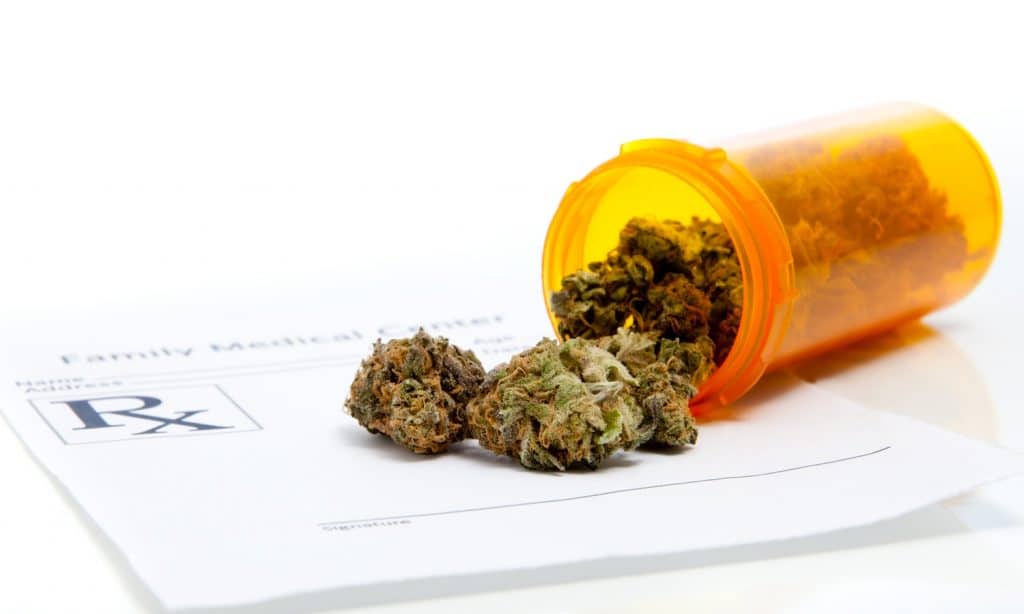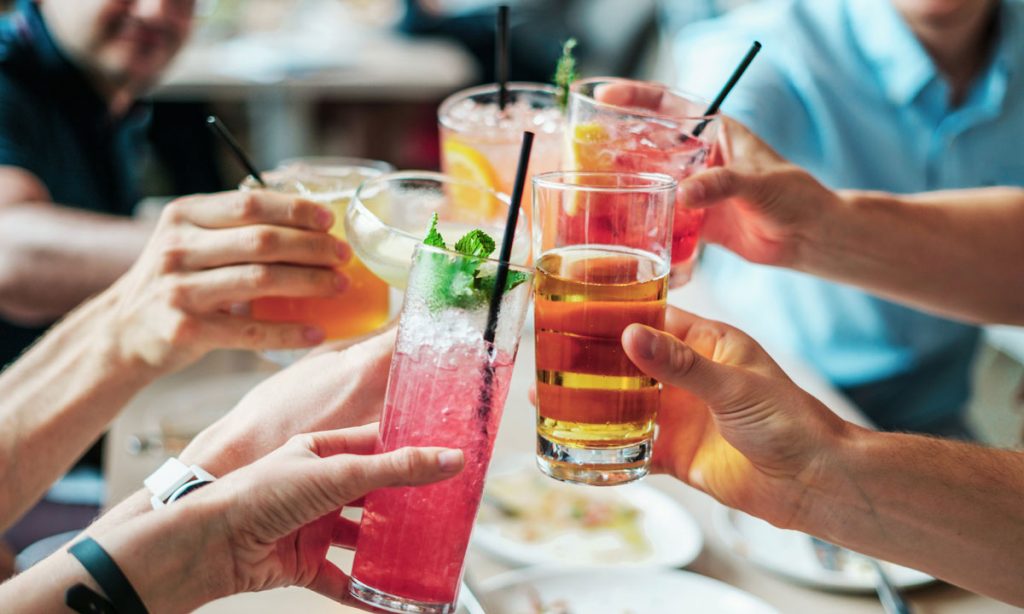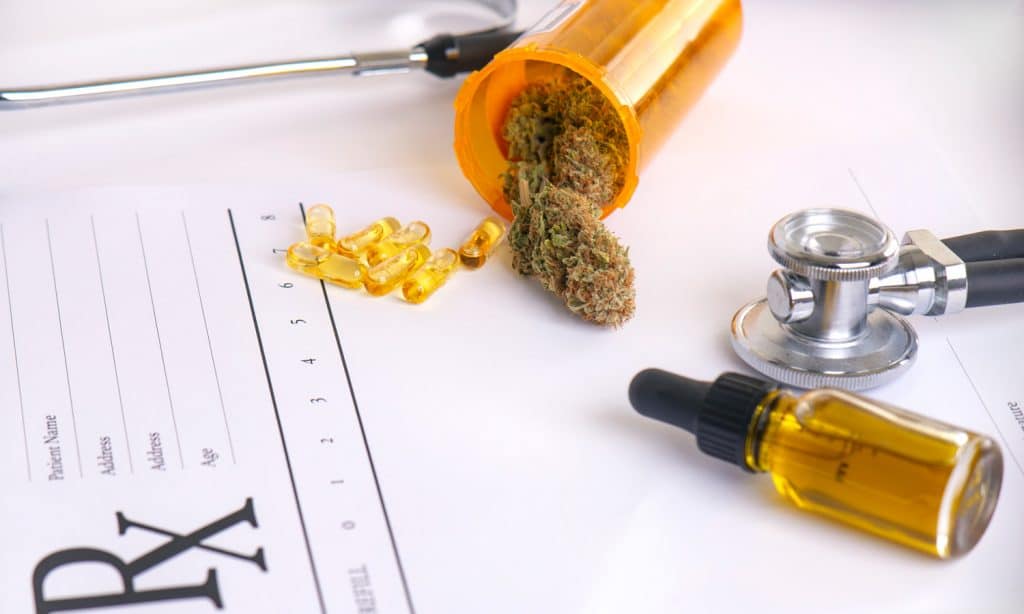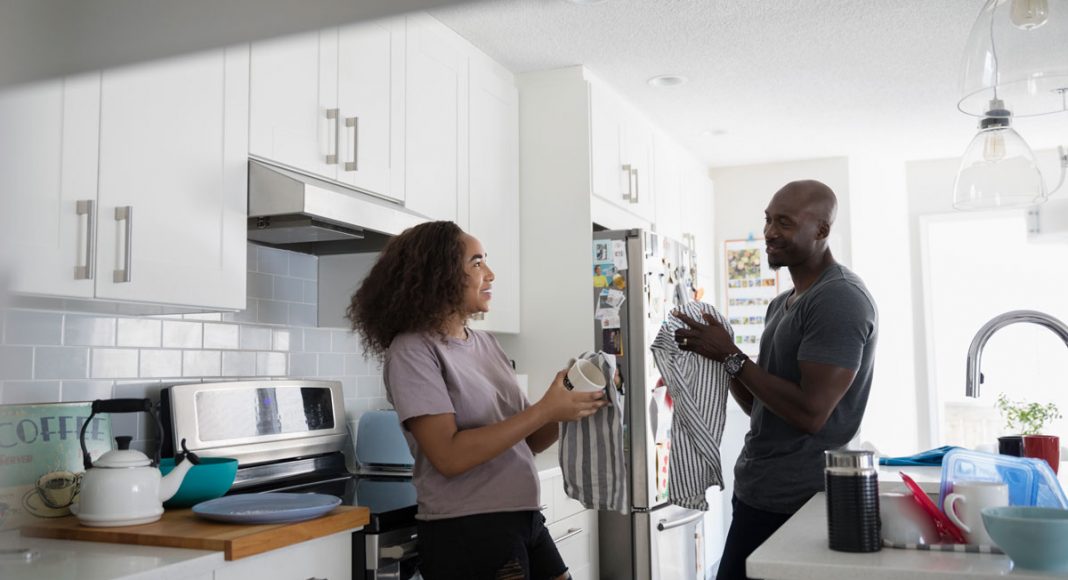How do you explain your marijuana use to a parent or guardian who grew up indoctrinated by Reefer Madness-era propaganda? We’ve got you covered.
We’ve all been there. Your mom finds a bong stashed under a pile of dirty laundry in the corner of your bedroom closet—and, suddenly, you find yourself playing a game of 20 questions. While cannabis use for under the under 23 can make play a part on brain development, you will need to share what you are thinking.
“How could you do this to me?”
“What would your soccer coach say?”
“Are you high right now?”
“Weed is a gateway drug. What’s next? Heroin??”
Without the necessary preparation, you might find yourself scrambling for excuses—or pinning blame for your perfectly natural habit on external forces. You were “holding onto it for a friend,” right? You’ve “never actually smoked weed.” You were just curious. Or, the classic rebuttal: You put the joint in your mouth, but never actually inhaled. Duh, mom.
The fact of the matter is, you did/do consume cannabis. And state-level legal restrictions notwithstanding, there’s nothing wrong with that. But how do you explain your marijuana use to a parent or guardian who grew up indoctrinated by Reefer Madness-era propaganda? We’re here to help, with hard facts you can bring to the dinner table.
Nobody Has Ever Died From A Marijuana Overdose. Ever
Listen, if you’ve got a loving parent who cares about your well being, don’t fault them for falling victim to the prohibitionist propaganda that’s dominated TV and online advertising over the past 50+ years. In subtle (and less subtle) ways, anti-weed campaigns have vastly exaggerated the dangers of cannabis, making it seem—to some—that even a few puffs can lead you down a dark, dangerous path. Maybe your body metaphorically deflates, as one sensationalized anti-weed commercial insinuated. But decades of research, including a 2017 report published by none other than the Drug Enforcement Administration (DEA) itself, has made one fact clear: nobody has ever died from a marijuana overdose.

Marijuana Is Not A Gateway Drug
Raise your hand if you’ve heard the term “gateway drug” applied to marijuana before. It refers to a phenomenon that goes something like this: You consume a substance, and—benign as it may be—you’ll inevitably crave more potent (and potentially more dangerous) alternatives. But here’s the thing: When it comes to cannabis, the “gateway drug” theory has been thoroughly debunked. Not only is there a lack of evidence that marijuana use correlates with the subsequent use of “hard” drugs, there’s a growing body of research indicating the very opposite.
Study after study has revealed that individuals in states where marijuana laws are less restrictive are less likely to die from, or misuse, opioids, for example. And many patients are also more likely to use cannabis as a substitute for countless pharmaceuticals, which frequently carry far more serious side effects—in addition to the risk of overdose.
Marijuana Isn’t Just THC
“The marijuana I smoked in my day was way less potent than the stuff you have today.” I’ve heard this refrain more times than I can count. And to the credit of earlier generations, they’re right. The average concentration of THC, the main psychoactive ingredient in cannabis, is approximately three times higher these days than it was as recently as 1995, according to one study. That said, increased THC potency isn’t a great excuse for opposing cannabis reform. Yes, today’s cannabis is, generally, more potent than the weed your parents or grandparents smoked. But as patients and caregivers around the country will tell you, weed isn’t just THC.
RELATED: Does Your Kid Need To Go To Rehab For Marijuana?
There are literally hundreds of ingredients in cannabis, including the non-psychoactive compound cannabidiol (CBD), which is known to treat conditions like inflammation, pain, and anxiety. You don’t have to smoke a massive, high-THC joint to derive health benefits from cannabis—and, so, explain that to your parents. If your mission is sincere: To improve your health, pharmaceutical-free, then read up on lesser known ingredients in cannabis like CBD in order to inform your parents about the other ways this plant can help. There are plenty of high-CBD, low-THC strains and products to choose from.

Weed Is Safer Than Booze
This is probably the easiest fact card to pull, but if you’ve got a parent who detests marijuana—but finds a glass of wine at dinner comforting and socially acceptable—it might be worth challenging some societal norms here. Marijuana is about 114 times less deadly than alcohol, according to a 2015 study. And even that statistic is a bit misleading because marijuana is not physically addictive in the way that other drugs are, and there’s no known amount of cannabis that can cause a fatal overdose among humans.
Now compare that to alcohol. How many Americans die from alcohol-related deaths per year? About 88,000. What about marijuana? Zero. I’m not trying to say that nobody should drink a glass of wine over dinner. But what might be useful, in a constructive conversation with your parents, may be to point out that one perfectly legal (and arguably dangerous) substance is available nationwide for those 21 or older. Yet mere possession of the other substance—marijuana—can still land you in jail in a substantial (though shrinking) number of states around the country. Does that really make sense?
Let’s Talk About The Medical Benefits Of Cannabis
Yes, at the federal level, marijuana remains Schedule 1—the most strict category under Drug Enforcement Administration (DEA) guidelines. The federal government maintains that marijuana is a dangerous and medically useless drug, and its laws governing weed reflect that position. Still, that hasn’t prevented private institutions, or researchers in other countries, from investigating the plethora of health benefits that compounds in cannabis may provide for patients.
RELATED: How To Talk About Cannabis With The Elderly
Let’s quickly review a few conditions cannabis use is known to treat, which have been firmly established through peer-reviewed research: pain (both physical and neuropathic), muscular spasms, epilepsy, post-traumatic stress disorder (PTSD), and nausea.. Maybe you don’t have one of these conditions—or maybe your state doesn’t recognize your particular condition as qualifying factor for medical marijuana authorization. But all you need to know is that, no matter what Attorney General Jeff Sessions says, there’s an expansive body of research linking cannabis use to the treatment of various mental and/or physical ails.
All of this is to say that consuming cannabis isn’t singularly about getting high. Strains, dosing, and forms of consumption matter. There shouldn’t be any shame in getting high for the sake of getting high, but if you’re trying to convince your folks that your weed habit is normal, offering a brief overview of its proven medical benefits could be useful.

This Isn’t About Politics Anymore
Stigmas around marijuana use haven’t disappeared just because more states have legalized the plant. Many of those stigmas have roots in antiquated political ideologies. If you’ve got wonky parents who lean right and oppose weed, it might come as a surprise to them there’s growing bipartisan support for cannabis reform. Many Democrats, Independents, and Republicans alike have evolved on their position when it comes to cannabis policy.
RELATED: Why Grandma And Grandpa Now Smoke Marijuana
A 2017 Gallup poll found, for the first time, that a slim majority of conservatives support federal marijuana legalization. And if you take a broader look at public opinion polling, 64% of Americans believe that marijuana should be legalized, according to that same survey. Maybe citing polls isn’t the most effective tool in your arsenal of facts to bring to the table, but it could give helpful pause for thought.
You Don’t Have To “Smoke” Marijuana To Benefit
Listen, putting smoke in your lungs isn’t the healthiest form of cannabis consumption. When you talk to marijuana opponents, it might be useful to inform them that bongs, blunts, and joints aren’t the only ways you can administer cannabis these days. There are so many other options. Topical creams, gel capsules, sublingual sprays, tinctures—these are just a few examples that demonstrate the versatility of cannabis consumption in the 21st century.
RELATED: OK, Boomer: Marijuana Use On The Rise Among Older Adults
For someone who isn’t particularly familiar with the modern cannabis market, this could be an easy way to pave a middle ground. Let’s say you’re making headway—you’re parents have listened to you go through the facts about cannabis and they seem more open-minded (which is the goal here)—but they’re still reluctant to let you smoke a joint out of fear of possible adverse health effects. Well, if you’re earnestly seeking cannabis a medical option for you, tell them about these other forms of cannabis administration. It could ultimately push the conversation forward.

The Legal Case For Cannabis
One major priority for parents is to keep their kids out of trouble. And so one of the most essential facts you need to keep in your pocket is the legal status of cannabis at the state and local level. This is going to vary widely, because while cannabis is now legal in some form in 30 states, there are different rules dictating who can legally consume, where they can consume, and what, if any, penalties there are for possessing or consuming cannabis. Yes, marijuana is banned at the federal level. If that’s a deal-breaker for your parents, then consider going back through this list and then make a reasoned case for why that shouldn’t be the case in the first place.
RELATED: How To Approach Your Baby Boomer Parents About Weed
That said, there’s a little thing called state sovereignty that ought to be part of that conversation. Educate your parents about what your state and local marijuana laws allow or prohibit. With so many states permitting cannabis use, either for medical or recreational use, this kind of information may prove key to resolving any latent concerns about your personal use of the substance. And, hopefully, it can give your parents some peace of mind.
This Won’t Always Be The Easiest Conversation
Years ago, my mom found my bong, stowed away in my closet, and confronted me about it—tears already rolling. This was well before I started reporting on the health benefits of cannabis, learning more and more as I went. So I can appreciate that this conversation can be awkward and difficult. But even with the limited facts I knew at the time, the tone of the conversation took a 180-degree turn. It became a productive and open discussion about what is, fundamentally, a non-toxic, non-addictive plant.
I can’t promise that you’ll have the same experience—but one thing I wish I had at the time of the confrontation was a one-sheet of facts I could share with her, to make a better case and enlighten her about how the prohibitionist propaganda she grew up accepting was dead wrong, in a polite and constructive manner. Well, here’s that one-sheet for you when the time comes. Facts are facts—and the facts are on our side here.


